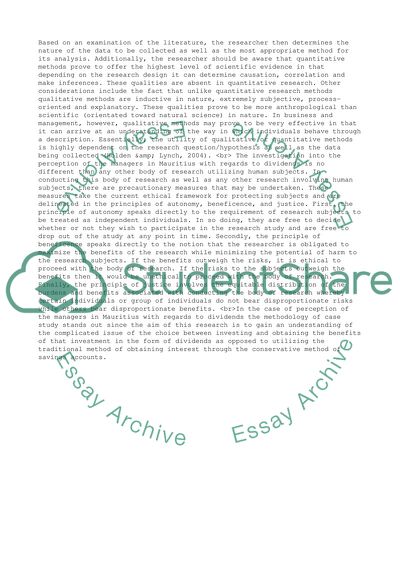Cite this document
(“Research methods for business and management Case Study”, n.d.)
Retrieved from https://studentshare.org/business/1526059-research-methods-for-business-and-management
Retrieved from https://studentshare.org/business/1526059-research-methods-for-business-and-management
(Research Methods for Business and Management Case Study)
https://studentshare.org/business/1526059-research-methods-for-business-and-management.
https://studentshare.org/business/1526059-research-methods-for-business-and-management.
“Research Methods for Business and Management Case Study”, n.d. https://studentshare.org/business/1526059-research-methods-for-business-and-management.


